Ahmed Kamal Pasha, the first Egyptian Egyptologist to write an ancient Egyptian dictionary
Ahram Online launches a series of articles on Egyptian minds that deciphered the intangible heritage of ancient Egypt
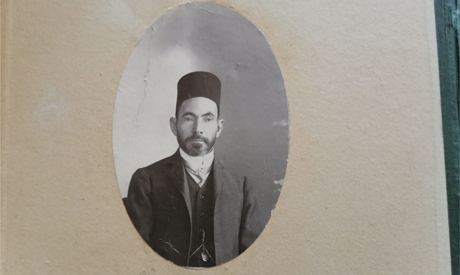
In collaboration with the Place and the People initiative, founded by Egyptologist Fatma Keshk, Ahram Online launches a series of articles on Egyptian minds that deciphered and safeguarded the intangible heritage of ancient Egypt for generations to come.
The series kicks off with the first Egyptian curator of the Egyptian Museum in Cairo and the author of Egypt's first Ancient Egyptian Dictionary, Ahmed Kamal Pasha (1851-1923).
In an interview with Abdel-Hamid Kamal, his grandson, Ahram Online delves into the life of the unique icon and all the intangible heritage he safeguarded throughout his lifetime and beyond.
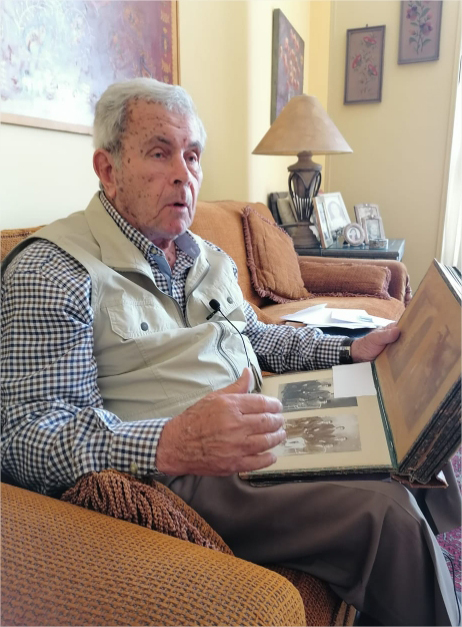
Sitting comfortably next to a pile of old albums and a book, Kamel and his wife led us into the life of Ahmed Pasha Kamal, right from the beginning.
"What I know about him, or what my father told me about him, is that he was very polite, very religious, very Egyptian, and a very serious man and we took that after him," Kamel laughs, adding "his name was Ahmed Hussein Ahmed, but in school he was named Kamal (meaning perfection) because he reflected perfection in combining grand ethics and knowledge," he added.
"Ahmed Kamal Pasha discovered the mummy cachette of 1881 in Deir Al-Bahari, Luxor, the same mummies that were just transported from the Egyptian Museum in Tahrir to the Museum of National Civilisation a few days ago," explained Egyptologist Fatma Keshk, adding that he was the only Egyptian on the committee sent by the Ministry of Antiquities at the time to try and solve the riddle of many ancient Egyptian jewellery that appeared and were on sale at the time. Ahmed Kamal managed to know the source and led the mummies safely to the old premises of the Egyptian Museum in Boulaq. This incidence was the main theme of the film of great cinema icon director Shady Abdel-Salam, Al-Momya (The Night of Counting the Years, 1967).
"Actor Mohamed Khairy played the role of Ahmed Kamal Pasha in Al-Momya who was the only Egyptian Egyptologist in the committee that was assigned to conduct researches and uncover the story behind the existence of many ancient Egyptian royal jewellery in the west bank of Luxor. This committee, in collaboration with the Egyptian police, managed to uncover the illegal antiquity trade run by the family of Abdel-Rassoul in Al-Qorna on the west bank in Luxor for they were the ones who discovered the mummy cachette there and used to take the jewellery with the mummies and sell them," noted Keshk.
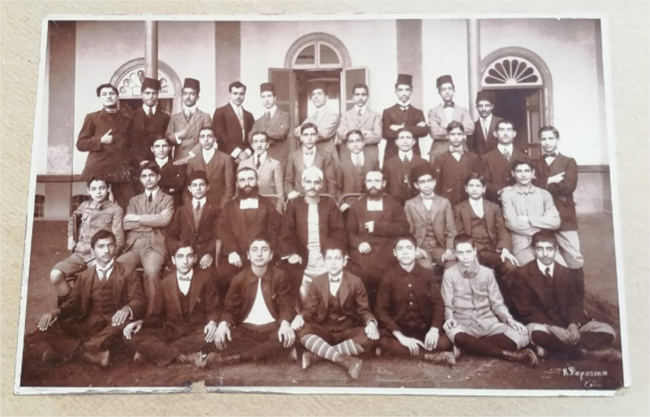
Despite having a true passion for ancient Egyptian antiquities, Ahmed Kamal spent 20 years trying to work at the Ministry of Antiquities.
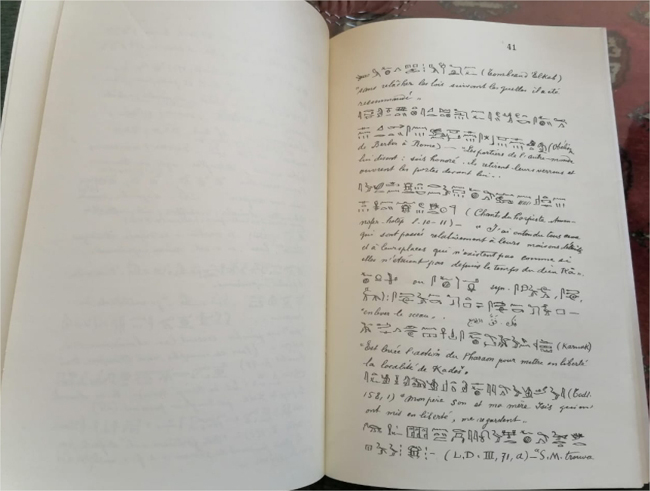
"When he was in the Taghizeia School, he developed an interest in Egyptology and all the French (scientists) were in control of all the strategic posts in the Ministry of Antiquities back then. So he attended the School of Al-Lisan Al-Masry Al-Qadim (the school for the ancient Egyptian language) which opened his eyes on the greatness of the ancient Egyptian language," remembered Kamel. However, when he graduated, he was assigned as a French language translator at the Ministry of Education then a teacher for 20 years.
"For 20 years he was hoping to work at the Ministry of Antiquities, until finally during the reign of Khedive Ismail, there was a vacancy and he got accepted because khedive Ismail encouraged Egyptians to work in antiquities. So he was assigned the job of a kateb (a clerk of antiquities) at the ministry and from here he excelled. Back in Maspero, the head of the antiquities department admired his brilliance and knowledge and French and then he got promoted and became the first curator of the Egyptian Museum," explained Kamal.
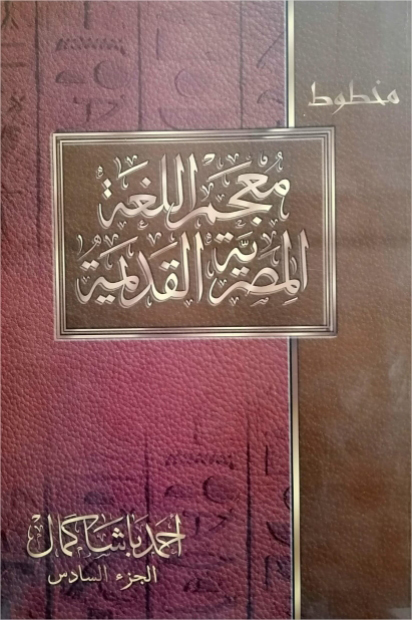
"Ahmed Kamal was outstanding on several levels, "added Keshk. "He was among the first people to study in Egypt's first high school of antiquities, a university founded by German scientist Heinrich Carl Brugsch in 1869 in Egypt. Out of the 12 students that studied there, Ahmed Kamal excelled and the German scientist stood by him but could not find him a direct job in the antiquities. According to numerous resources, this happened because of the discrimination that the foreigners in Egypt practised against him because they wanted to monopolise this field. We do not have evidence, but there could be the fact that this field was quite new in Egypt and the world and Egypt were in the pre-occupation 1870s phase. Egypt's political power was weak and there were so many foreigners living there at that time and they were in control of the field of antiquities. So I do not think that it was easy for them to accept an Egyptian to work with them. However, Ahmed Kamal kept striving until he was assigned a job at the Egyptian Museum in 1880 at the Boulaq premises of the Egyptian Museum," added Keshk.
"I believe he had a very progressive way of thinking. Unlike antiquity specialists who spent years talking with each other or to specialised people but not addressing the public, he addressed the public with published writings and researches in Arabic and French in the 19th century," she noted.
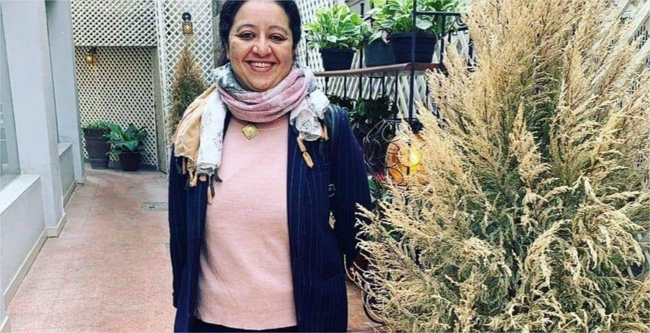
"He conducted excavations in Luxor and Giza and wrote several books on this topic; 25 books in Arabic, and 12 in French. Among his most important achievements, he spent 20 years before his death writing the ancient Egyptian Dictionary which translated ancient Egyptian vocabulary to Arabic and then to French," added Kamal.
Each of the 22 volumes focuses on a letter of the alphabet. It was handwritten. To be more accurate, the one who wrote it was his eldest daughter. Ahmed Kamal dedicated the dictionary to King Fouad who gave him the title "Pasha" for his great efforts.
Kamal died shortly afterwards. The dictionary was never published and it remained with his grandson all those years until last year when the Egyptian Ministry of Culture scanned and printed it. However, the family handed out the original drafts to the Bibliotheca Alexandrina where it is currently being digitalised to be accessible to the public.
One of Ahmed Kamal's favourite quotes was in the text he translated from the ancient Egyptian Book of the Dead. It reads:
"Ye who has left, ye shall return. Ye who slumbers, Ye shall rise again. Ye who goes on, you shall be resurrected. Honour shall be yours in the sky and its glory, in the Earth and its vastness, and in the seas and their depth."
No comments:
Post a Comment